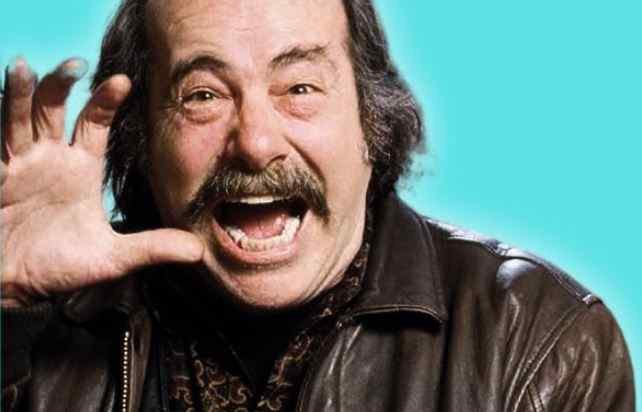Robert C. Hunter was born on June 23, 1941, in Arroyo Grande, California. Raised in a family that appreciated the arts, Hunter’s early exposure to literature and music played a significant role in shaping his future career.
Although he was not formally trained as a musician, his love for words and his natural talent for writing became evident from a young age.
Hunter’s early education saw him gravitating towards the literary arts, with a particular affinity for poetry, which would later become the cornerstone of his legacy.
READ ALSO: Ramble On Rose Lyrics
Association with the Grateful Dead
Robert Hunter’s life took a transformative turn in the early 1960s when he became involved with the burgeoning counterculture movement in San Francisco.
It was during this time that he met Jerry Garcia, a fellow musician who would become his lifelong friend and collaborator.
Their partnership began when Garcia, impressed by Hunter’s poetic prowess, asked him to contribute lyrics to the music he was composing. This marked the beginning of one of the most prolific and enduring collaborations in rock history.
Hunter’s first major contribution to the Grateful Dead was the lyrics to “Dark Star,” a song that became an anthem of the psychedelic era.
His poetic style, characterized by its surreal imagery and profound symbolism, perfectly complemented the Grateful Dead’s experimental music.
Over the years, Hunter penned lyrics for many of the band’s most iconic songs, including “Truckin’,” “Uncle John’s Band,” “Ripple,” and “Touch of Grey.”
His ability to weave complex narratives into the band’s music earned him a place as the group’s “unofficial” member, even though he rarely performed with them on stage.
Literary and Solo Career
In addition to his work with the Grateful Dead, Robert Hunter pursued a solo career as a writer and musician. He released several albums, including Tales of the Great Rum Runners (1974) and Tiger Rose (1975), which showcased his unique blend of folk, rock, and storytelling.
Although his solo work did not achieve the commercial success of his collaborations with the Grateful Dead, it demonstrated his versatility as an artist and his unwavering commitment to his craft.
Hunter also continued to write poetry throughout his life, publishing several collections that further cemented his reputation as a literary figure.
His poems, much like his song lyrics, explored themes of love, loss, and the human condition, often through the lens of myth and folklore.
His ability to imbue everyday experiences with a sense of the mystical and the profound made his work resonate with audiences beyond the world of music.
Legacy and Influence
Robert Hunter’s impact on American music and literature is immeasurable. As the primary lyricist for the Grateful Dead, he helped define the sound and ethos of one of the most influential bands of the 20th century.
His lyrics, often described as “poetry set to music,” captured the spirit of an era and continue to inspire generations of musicians and fans alike.
Hunter’s work was recognized with numerous accolades during his lifetime. In 1994, he was inducted into the Rock and Roll Hall of Fame as a member of the Grateful Dead, an honor that solidified his place in the pantheon of rock legends.
Despite his achievements, Hunter remained a humble and private individual, shying away from the limelight and allowing his work to speak for itself.
Personal Life and Final Years
Robert Hunter was known for his reclusive nature and his deep commitment to his art. He maintained a low profile throughout his life, preferring to live quietly and focus on his writing. He married his wife, Maureen, in 1983, and the couple remained together until his death.
Hunter passed away on September 23, 2019, at the age of 78. His death marked the end of an era for the Grateful Dead community and the broader world of American music.
Tributes poured in from fans, musicians, and cultural figures, all of whom recognized Hunter’s unparalleled contributions to the arts.
Conclusion
Robert Hunter’s legacy as a poet and lyricist is one of enduring influence and inspiration. His words, whether sung by the Grateful Dead or read in one of his poetry collections, continue to resonate with those who seek meaning in the world around them.
Hunter’s ability to blend the mystical with the everyday, the profound with the playful, made him a unique voice in American culture—one that will be remembered and celebrated for generations to come.

